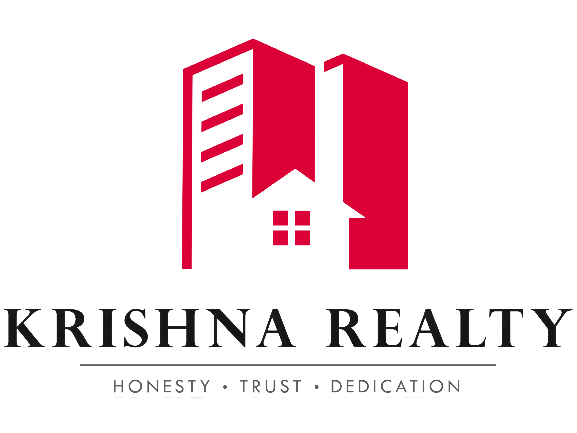
Renting Vs Owning a House – Advantages and Disadvantages
When it comes to housing, the decision between renting and owning a house involves careful consideration of various factors. Renting offers flexibility, requiring less commitment and often lower initial costs. It allows for easier relocation and less responsibility for maintenance. On the other hand, owning a house provides stability and potential long-term investment benefits. Equity builds over time, and you have the freedom to personalize your space. However, it also comes with financial responsibilities like mortgage payments, property taxes, and maintenance costs.
Deciding between renting and owning depends on your lifestyle, financial situation, and future goals. Renting might be ideal for those seeking flexibility, while homeownership suits those looking for stability and potential wealth accumulation. Understanding the advantages and disadvantages of each option is crucial in making a choice that aligns with your needs and aspirations.
Advantages of Renting a House

1. Flexibility and Mobility:
Renting offers the freedom to move without the commitment of a long-term mortgage, making it ideal for those who prioritize flexibility and mobility.
2. Financial Predictability:
Renters often have fixed monthly costs, providing financial predictability without unexpected expenses related to home maintenance and repairs.
3. Lower Upfront Costs:
Renting typically requires a smaller upfront financial investment compared to purchasing a home, making it more accessible for individuals and families.
4. Maintenance-Free Living:
Property maintenance and repairs are usually the landlord’s responsibility, relieving renters from the burden of costly and time-consuming upkeep tasks.
5. Amenities and Facilities:
Many rental properties, especially in apartment complexes, offer amenities like pools, gyms, and community spaces, enhancing the quality of living without the added expense.
6. No Property Taxes:
Renters are exempt from property tax payments, reducing the overall financial obligations associated with housing.
Disadvantages of Renting a House
1. Limited Control:
2. Lack of Equity:
3. Rent Increases:
4. No Tax Benefits:
Unlike homeowners, renters do not benefit from tax deductions related to mortgage interest and property taxes, which can have financial implications.
5. Limited Customization:
6. Temporary Living:
Renting typically offers less stability than homeownership. Your landlord may choose not to renew your lease, forcing you to move.

Buying a House

Advantages
Disadvantages
1. Stability and Security:
Owning a home provides a sense of stability and security. You have control over your living space and aren’t subject to the uncertainties of rental agreements.
1. Financial Commitment:
2. Equity and Investment:
Real estate often appreciates over time, building equity in your property. This investment can provide financial security and potential profit when selling in the future.
2. Maintenance Costs:
Homeownership comes with the responsibility of maintenance and repairs. Regular upkeep, unexpected fixes, and renovation expenses can add up over time.
3. Personalization:
3. Market Risks:
The real estate market can be volatile. Property values can fluctuate, and economic downturns can affect your home’s equity. You may not see the same level of return on investment as expected.
4. Tax Benefits:
4. Lack of Mobility:
Buying a house ties you to a specific location. If you need to relocate for a job or personal reasons, selling a home can be time-consuming and expensive.
5. Fixed Payments:
5. Property Taxes:
6. Freedom and Privacy:
6. Insurance Costs:
Homeowners insurance is a necessity, and its cost can vary depending on your location and the level of coverage. Premiums can be a significant expense.
Advantages
Disadvantages
Property taxes are an ongoing cost of homeownership, and they can increase over time. Rising taxes can strain your budget.
